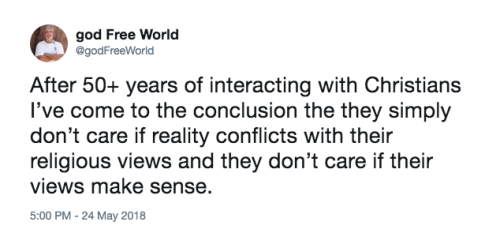

Mather was addressing a fierce debate about the reality of spirits and the “Invisible World” which flared up in the 1690’s and helped define the early Enlightenment. Writing in Boston in 1699, the Puritan minister Cotton Mather recalled “the Prodigious War, made by the Spirits of the Invisible World upon the People of New-England, in the year 1692” ( Lincoln 1966, 242). These new categories of human difference-new ways of seeing and ordering the world-were essential to the formation of early modern whiteness and the Enlightenment. As new street lighting and improved domestic lighting nocturnalized daily life in the Netherlands, London, and Paris, the old denizens of the night - ghosts, spirits, and witches-were increasingly relegated to the extra-European world and used to articulate new categories of human difference based on civility, reason, and skin color.

This article shows how this key controversy of the early Enlightenment was built upon references to darkness, light, and the benighted pagan peoples of the world.

All sides in this debate-from Spinoza and Balthasar Bekker to John Beaumont and Cotton Mather-refashioned familiar metaphors of light and darkness and connected them with the world beyond Europe in surprising new ways. The fierce debate about the reality of spirits and the “Invisible World” which flared up in the 1690’s helped define the early Enlightenment. All subjects Allied Health Cardiology & Cardiovascular Medicine Dentistry Emergency Medicine & Critical Care Endocrinology & Metabolism Environmental Science General Medicine Geriatrics Infectious Diseases Medico-legal Neurology Nursing Nutrition Obstetrics & Gynecology Oncology Orthopaedics & Sports Medicine Otolaryngology Palliative Medicine & Chronic Care Pediatrics Pharmacology & Toxicology Psychiatry & Psychology Public Health Pulmonary & Respiratory Medicine Radiology Research Methods & Evaluation Rheumatology Surgery Tropical Medicine Veterinary Medicine Cell Biology Clinical Biochemistry Environmental Science Life Sciences Neuroscience Pharmacology & Toxicology Biomedical Engineering Engineering & Computing Environmental Engineering Materials Science Anthropology & Archaeology Communication & Media Studies Criminology & Criminal Justice Cultural Studies Economics & Development Education Environmental Studies Ethnic Studies Family Studies Gender Studies Geography Gerontology & Aging Group Studies History Information Science Interpersonal Violence Language & Linguistics Law Management & Organization Studies Marketing & Hospitality Music Peace Studies & Conflict Resolution Philosophy Politics & International Relations Psychoanalysis Psychology & Counseling Public Administration Regional Studies Religion Research Methods & Evaluation Science & Society Studies Social Work & Social Policy Sociology Special Education Urban Studies & Planning BROWSE JOURNALS


 0 kommentar(er)
0 kommentar(er)
